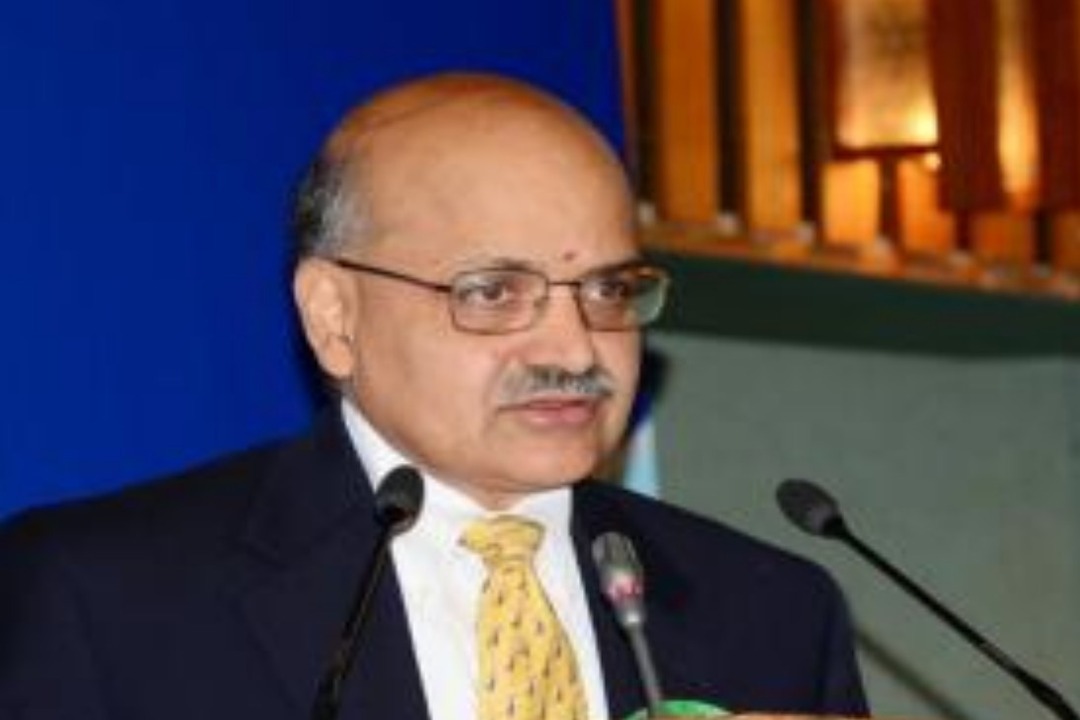India is poised to become a major global player with significantly enhanced influence in international affairs by the year 2047, according to NITI Aayog CEO BVR Subrahmanyam. Speaking at an event organized by the Public Affairs Forum of India (PAFI), Subrahmanyam emphasized that India’s global importance is already on the rise and is set to grow even further in the coming decades.
He described the current period as a pivotal moment for the country on the world stage. “India is going to emerge as a big, dominant force globally. We are already a key player, but by 2047, India’s role in global affairs will be much more pronounced,” Subrahmanyam remarked. He identified 2030 as a significant milestone in this journey, stating that India’s trajectory toward global leadership is already well underway.
Subrahmanyam also highlighted climate change as an area where India has the potential to take the lead. He referred to it not just as a challenge but as an opportunity for India to position itself as a leader in climate technology. According to him, India’s efforts to combat climate change could help it emerge as a key player in developing solutions for the world’s environmental challenges.
“Climate change offers a huge opportunity for India to step up and become a global leader in climate tech,” he noted. A key focus of NITI Aayog‘s efforts is on fostering the green economy and working towards India’s ambitious goal of achieving net zero carbon emissions by 2070.
Subrahmanyam explained that the government has established a dedicated task force to work on creating a comprehensive roadmap to meet these climate targets. This task force is collaborating with both central and state governments to ensure that the nation remains on track to meet its climate goals.
He further stressed the need for innovative approaches in order to transition to a sustainable future. “We are actively developing strategies that will help us build a green economy and contribute to a net-zero world by 2070,” he said. This includes working across multiple sectors and services to develop forward-thinking policies.
Subrahmanyam also touched upon the importance of Global Value Chains (GVCs), underlining the government’s commitment to enhancing India’s participation in these chains. He pointed out that the government is focused on strengthening its strategies across different industries and service sectors, ensuring that India plays a more central role in GVCs.
These efforts are designed to integrate India more deeply into the global economy and improve the nation’s competitiveness on the world stage. Subrahmanyam painted an optimistic picture of India’s future, where the country not only holds a prominent place in international affairs but also leads the way in addressing global challenges such as climate change.







